
Universal Pumping | High Pressure Pumps
High Pressure Pumps for Difficult to Pump Slurry, Sludge, and Food Waste.
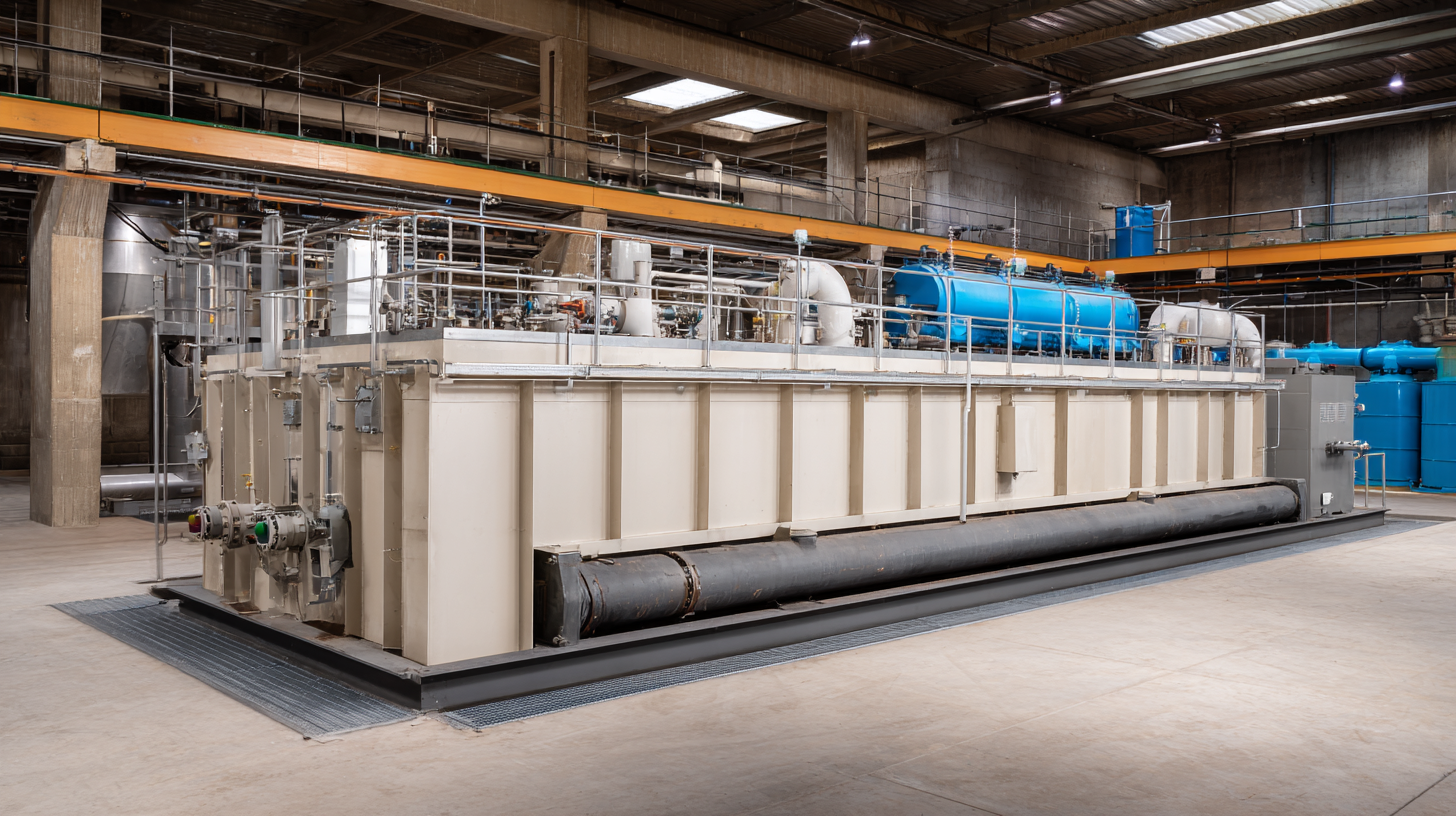 In the quest for improved wastewater treatment efficiency, the role of advanced technologies in the management of sludge cannot be overstated. As industries face increasing pressure to comply with environmental regulations and maximize resource recovery, the implementation of effective sludge filter solutions has emerged as a game-changer. This article highlights the top five sludge filter solutions that have demonstrated the potential to enhance wastewater treatment efficiency by an impressive 30 percent.
In the quest for improved wastewater treatment efficiency, the role of advanced technologies in the management of sludge cannot be overstated. As industries face increasing pressure to comply with environmental regulations and maximize resource recovery, the implementation of effective sludge filter solutions has emerged as a game-changer. This article highlights the top five sludge filter solutions that have demonstrated the potential to enhance wastewater treatment efficiency by an impressive 30 percent.
By optimizing the filtration process, these innovative solutions not only minimize the volume of sludge generated but also help in achieving higher quality effluent. The importance of selecting the right sludge filter cannot be overlooked, as it directly impacts both operational costs and environmental sustainability. With a focus on cutting-edge technologies and best practices, we delve into the features and benefits of these top sludge filter solutions, showcasing how they can transform wastewater treatment facilities into more efficient and sustainable operations.
Innovative sludge filter technologies are revolutionizing the wastewater treatment industry, enhancing efficiency by an impressive 30%. These advancements not only streamline the filtration process but also lead to significant cost savings and environmental benefits. Implementing advanced materials and engineering techniques, modern sludge filters can effectively separate solids from liquids, ensuring cleaner effluents and optimized sludge management.
Tips for improving wastewater treatment efficiency include regular maintenance of filter systems, ensuring the proper calibration of equipment, and training staff on the latest sludge filtration technologies. Routine checks help identify performance issues early, while ongoing education ensures that operators are equipped with the best practices to maximize filtration efficiency.
Moreover, integrating automation and real-time monitoring can further boost efficiency. By leveraging data analytics, treatment facilities can adjust their processes dynamically, responding to variations in sludge composition and flow rates. This proactive approach not only enhances treatment outcomes but also contributes to sustainable wastewater management practices.
In the quest for improving wastewater treatment efficiency by 30 percent, the comparative analysis of sludge filtration solutions reveals a vital intersection of performance metrics and cost-benefit considerations. Recent studies suggest innovative approaches, such as employing biomass-derived hydrochars, which demonstrate promising oil removal efficiency from wastewater. The utilization of hydrochars from sweet potato residue and Indian mallow not only enhances treatment performance but also promotes sustainable practices in the industry.
In addition to biomass applications, advancements in sludge electro-dewatering technologies have gained attention for their rapid dewatering kinetics and chemical-free operations. Integrating these methods, especially with optimized electric field control modes, can significantly reduce operational costs while enhancing treatment efficiency. A techno-economic comparison has shown that flocculation combined with dissolved air flotation may provide a more cost-effective solution than conventional sedimentation during large-scale microalgae harvesting.
Tip: When selecting sludge filter solutions, always consider the total cost of ownership, including maintenance and energy requirements, as these factors greatly influence long-term operational efficiency. Additionally, explore co-digestion processes that enhance the energy self-sufficiency of wastewater treatment plants, potentially yielding significant financial and environmental benefits.
Advanced sludge filtration has become a game-changer in wastewater treatment facilities, improving efficiency and significantly reducing operational costs. Case studies have illustrated that facilities employing leading sludge filter technologies have realized enhancements in treatment outcomes by as much as 30 percent. Such improvements not only contribute to more effective removal of contaminants but also create a pathway for recovering valuable resources from wastewater, a critical requirement in today's resource-scarce environment.
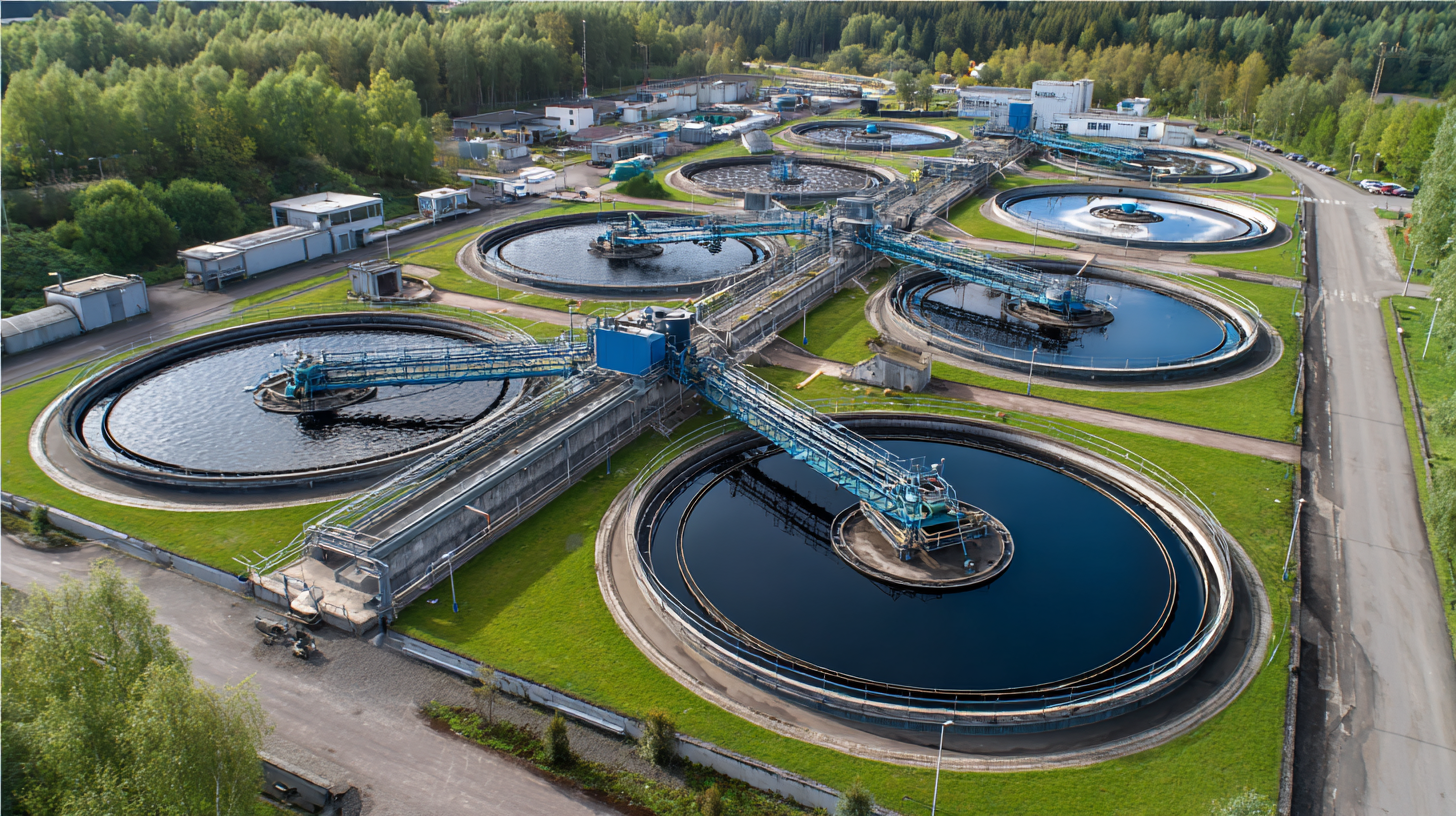
Recent studies have also highlighted the importance of addressing microplastics (MPs) in wastewater treatment plants (WWTPs). It has been found that traditional filtration methods often fail to sufficiently capture these pollutants, leading to their transfer into ecosystems. A comprehensive review of various sampling and extraction methodologies reveals that advanced sludge filters can more effectively intercept microplastics, thus mitigating their release into the environment. Implementing these advanced solutions not only enhances the quality of treated water but also elevates the facility's compliance with increasingly stringent environmental regulations.
The future of sludge management is poised to play a crucial role in the realm of sustainable water treatment. As global water scarcity intensifies, innovative approaches to handling sludge not only enhance wastewater treatment efficiency but also contribute significantly to environmental sustainability. Advanced technologies are paving the way for more effective sludge dewatering and management, allowing treatment facilities to optimize resource recovery while minimizing the ecological footprint.
Moreover, the trend towards circular economy practices is leading to an increased emphasis on the valorization of sludge. This involves converting waste by-products into valuable resources, such as biogas or organic fertilizers, which supports a more sustainable approach to water treatment. By embracing these methodologies, industries can enhance the overall efficiency of their operations, achieve higher compliance with environmental regulations, and move towards a future that prioritizes both efficiency and sustainability in water management. As organizations continue to invest in cutting-edge sludge filter solutions, we can expect to see transformative changes in the way wastewater is treated and managed globally.
| Solution | Efficiency Improvement (%) | Cost (USD per m³) | Maintenance Frequency (months) | Sustainability Impact (Rating) |
|---|---|---|---|---|
| Membrane Filtration | 30 | $0.50 | 6 | 5 |
| Rotary Drum Filter | 28 | $0.40 | 12 | 4 |
| Belt Press | 25 | $0.60 | 4 | 3 |
| Dewatering Centrifuge | 35 | $0.80 | 12 | 5 |
| Hydrocyclone | 22 | $0.55 | 8 | 4 |
In recent years, the regulatory landscape surrounding wastewater treatment has become increasingly stringent, prompting industries to adopt more efficient sludge filter solutions. According to a report by the Environmental Protection Agency (EPA), wastewater treatment plants must now adhere to a 30% reduction in total suspended solids (TSS) as part of the National Pollutant Discharge Elimination System (NPDES) standards, which has escalated the need for advanced filtration technologies.
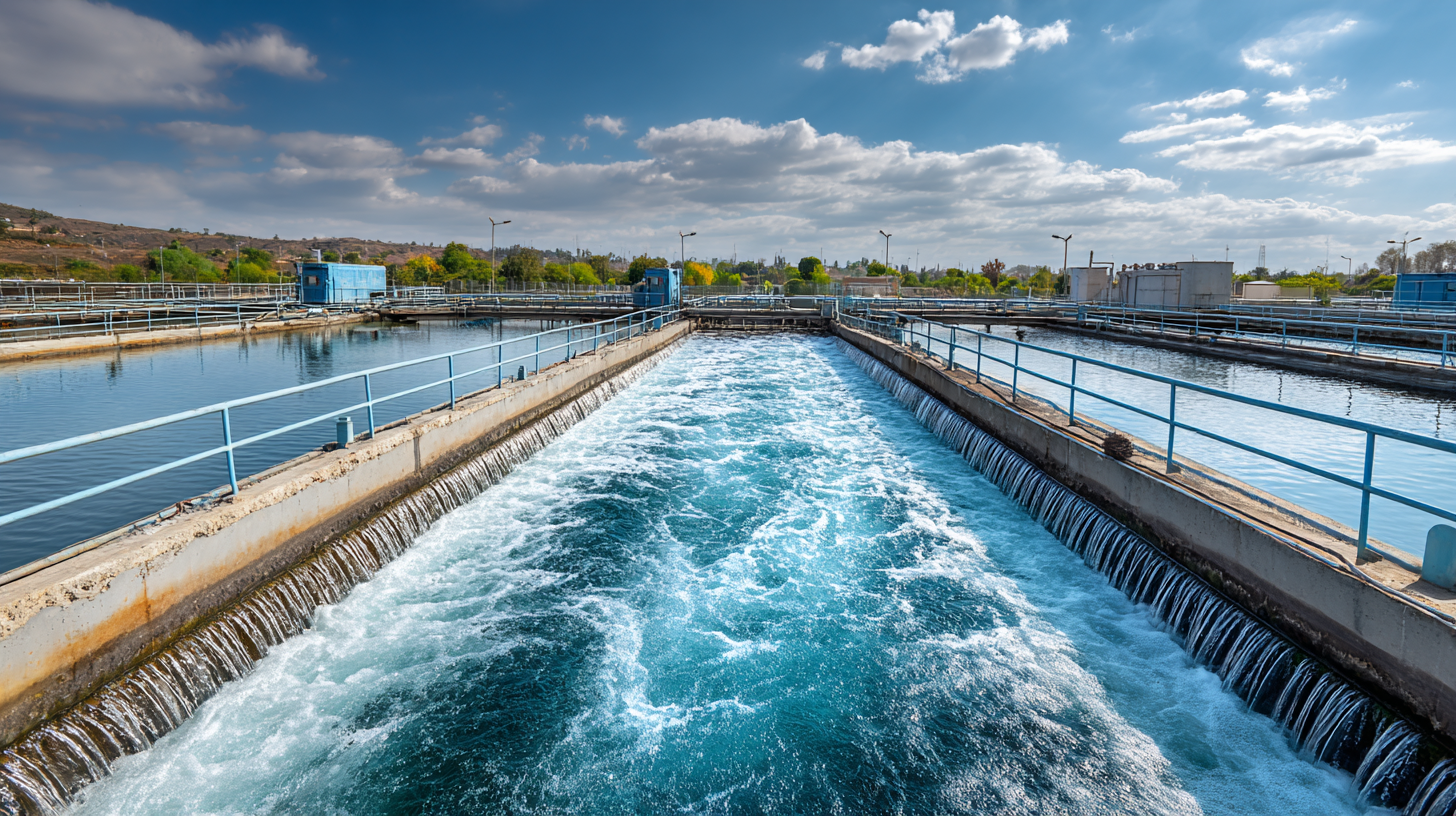
The adoption of efficient sludge filters is driven not only by regulatory compliance but also by the substantial economic benefits they offer. The Water Environment Federation (WEF) notes that implementing advanced sludge filtering technologies can lead to a 30% improvement in wastewater treatment efficiency. This results in significant operational savings, reducing the overall cost per gallon treated and minimizing the environmental impact. As manufacturers and municipalities seek to meet both regulatory requirements and sustainability goals, the integration of state-of-the-art sludge filter solutions becomes imperative to ensure compliance and enhance treatment outcomes.
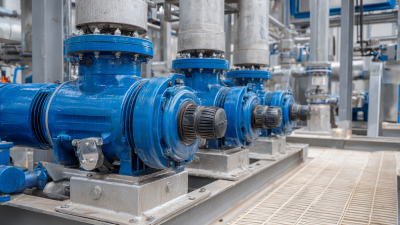

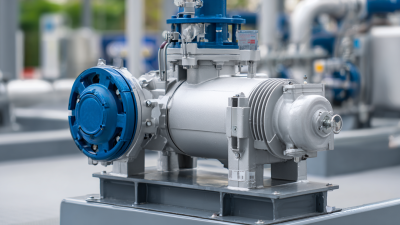
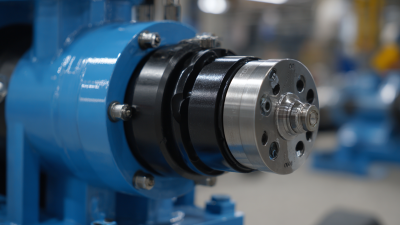

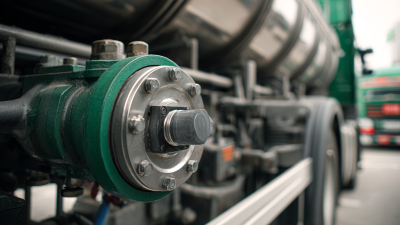
Universal Pumping
625 Apache Trail
Woodstock, GA 30189
Mon - Fri | 9:00 AM - 5:00 PM
Universal Pumping is staffed with industry professionals with 20-45 years experience with high pressure pumping systems. We represent only the “elite producers” in pump manufacturing: Britain’s EMS and Germany’s EMMERICH. Our engineering and manufacturing approach is conservative, and we do not use “guess work” in the design or sales of our pumping and filtration equipment.



